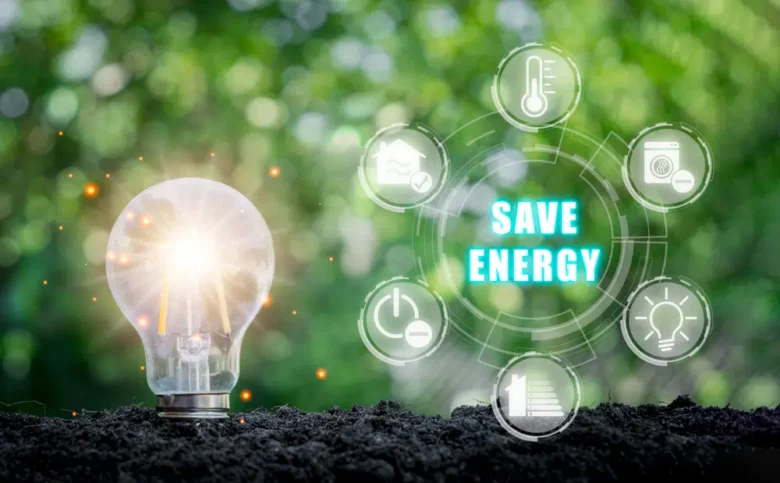It’s no longer enough to save money by simply reducing your energy consumption; it’s also an important step in reducing our carbon footprint and helping to protect the world. Energy-saving behavior isn’t limited to big corporations or environmentalists; anyone interested in living a smarter, more sustainable lifestyle can get involved. This article highlights some important energy-saving measures that are beneficial for both your wallet and the environment.
Learn More About Energy Consumption With
Energy consumption is a major factor in the cost of living and in protecting the environment. The electricity we use to power our homes, appliances, and devices mostly comes from energy sources like coal and natural gas, both of which are major sources of greenhouse gas emissions. It’s these emissions that are the biggest contributors to climate change. When we waste energy, whether it’s leaving the lights on or using inefficient appliances, we’re not only wasting resources, we’re also increasing the carbon emissions we produce. Understanding this relationship is the key to making meaningful changes. When you can identify inefficiencies in your home or lifestyle, you can begin to reduce energy waste and make conscious, impactful choices.
Simple Changes to Significantly Reduce Costs
You don’t need a degree in sustainability to make a difference. Some surprisingly simple measures are among the most effective ways to reduce your energy consumption. For example, you can significantly reduce your electricity consumption by turning off electronics and appliances when you’re not using them. Additionally, replacing traditional incandescent bulbs with energy-efficient LED bulbs not only helps you reduce your overall energy consumption, but it also extends the life of your bulbs. Turning down your thermostat when you’re asleep or away can also save you a lot of money. If you implement these relatively small changes over time, you can significantly reduce your monthly energy bills and your home’s carbon footprint without making a large initial investment.
Energy Savings
To improve your energy efficiency, once you’ve mastered the basics, you can implement more complex strategies. Investing in smart home technology, such as programmable thermostats and energy-efficient appliances, can help you monitor and improve your energy usage in real time. To regulate temperatures and reduce the amount of heating and cooling you need, upgrades like installing double-pane glass or adding wall insulation can help. Installing solar panels or generating renewable energy from renewable sources can further enhance your home’s energy independence. While these solutions come with a higher initial cost, they often pay off in the long run, with lower monthly energy bills and even financial incentives or rebates from local governments. Adopting these solutions not only saves you money but also significantly reduces your environmental impact.
The “Ripple Effect”
In addition to the economic and environmental benefits, energy-saving habits can also save you money. When people work together to be sustainable, we can create a ripple effect that inspires neighborhoods, industries, and communities. For example, as demand for environmentally friendly technologies and practices increases, manufacturers and governments will respond by developing more effective solutions and resources. In addition, energy-efficient homes and businesses can serve as role models for other homes and businesses, encouraging people to adopt these practices more broadly. By sharing your techniques and success stories, you can help create a sustainable culture that benefits everyone. It’s not just about the actions of one person but about the power of millions of people working together to achieve a common goal.
How to Start Saving Today
You don’t necessarily have to make big sacrifices or undertake expensive renovations to reduce your energy consumption. By becoming more aware of your energy consumption, simplifying your daily habits, and exploring more complex energy-saving options, you can reduce your impact on the environment and save money. Since even the smallest measures can make a significant difference, why not take action now?




